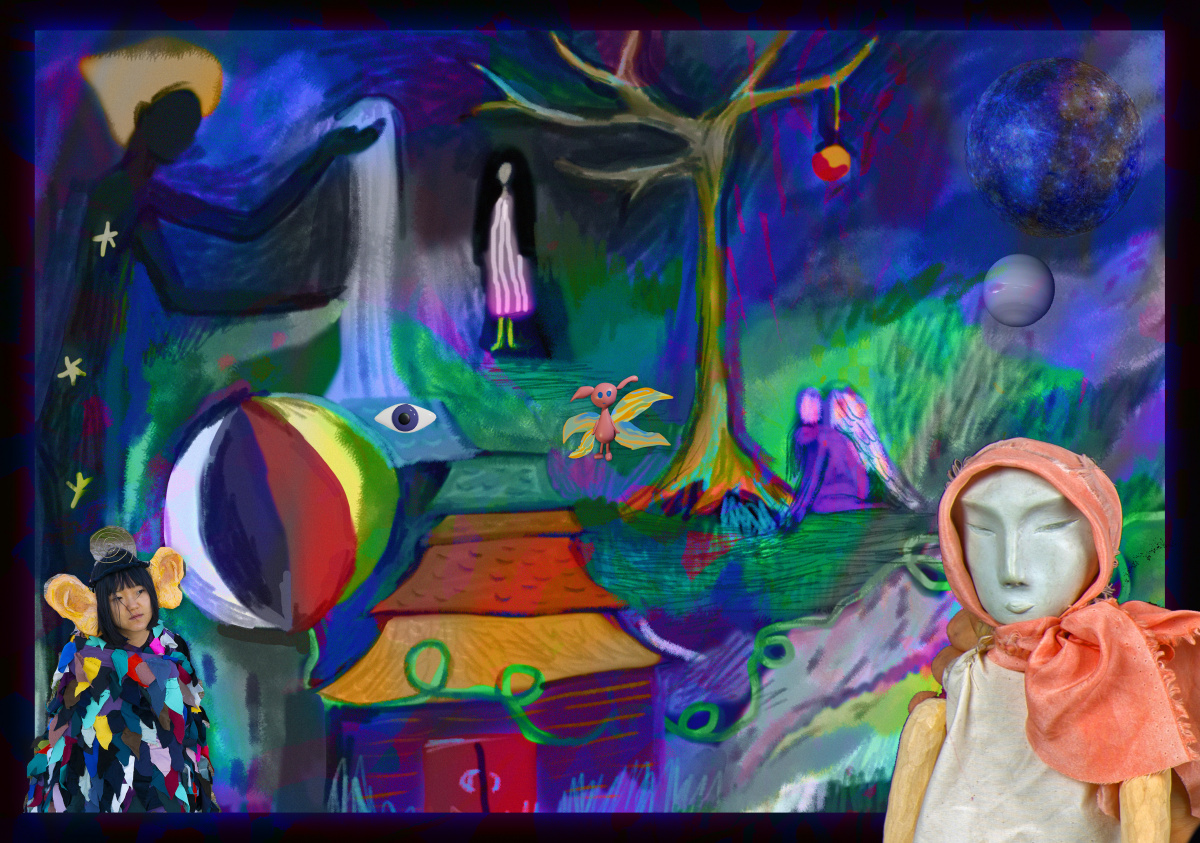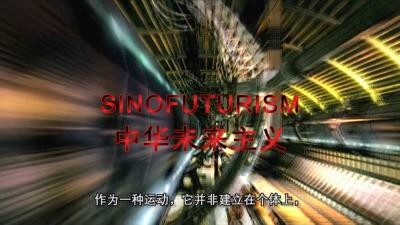The movie Sinofuturism (1839–2046 AD) by Lawrence Lek is an essay; it is science fiction; it is radical realism. The Basic message: while Europe is stuck in the past, China leaps into the future. In the anxious eyes of the Europeans, the «superpower» represents the fully-automated world of tomorrow, found in products, server farms, and artificial intelligence. Does Sinofuturism confront us with an inhuman dystopia? No, says Norient author Philipp Rhensius. It all just depends on the perspective on our world.
I remember exactly the uneasy feeling when I watched the horror movie 28 Days Later. The scariest thing was not the dystopian scenes of zombies killing humans killing zombies, it was the post-apocalyptic, confusingly calm beginning: in a long single shot, the main character wakes up from his coma in a hospital, steps out on the street as the camera floats above a deserted London, while he gradually learns that the world has declined. It is this image of a city devoid of any signs of a living civilization that I am reminded of when watching the essay film Sinofuturism (1839–2046 AD). The difference, though, is that the few humans present are not in fear of extermination by monsters, but of being replaced by machines – which is far more likely to happen.
Lawrence Lek’s essay movie is not a nostalgic lament about us poor humans becoming superfluous in the face of superior technologies. It is – on the contrary – a cynical affirmation of the idea that technology, at least in East Asia, has won. By taking the Eurocentric stereotypes about China seriously, Sinofuturism deals with the entire catalogue of clichés, from gambling to addiction, labour, fake, and not to forget: dehumanization.
Through the Eyes of a Gamer
Sinofuturism shows what's left when humans are gone: a world inhabited by data cables, server farms, robots, games, and a few humans who are either pitiful characters or catatonic creatures wearing VR headsets. To emphasize this, Lek, who was born in Germany of Malaysian-Chinese decent, uses the first person rather than third person perspective. This point of view is similar to one of a gamer. It throws the spectator into a mode of observing, suggesting: if the machines have taken over, we are doomed to be passive observers of a world that is out of (human) control.
But isn't this «future» already here? And if yes, does it have to be bleak? If we desperately hold on to the idea that humans are the center of our world, it surely is. Sinofuturism, however, is not interested in cultural pessimism. Instead, it is more in line with sociologist Bruno Latour’s theory developed in the 1980s, in which he describes life on earth as a dynamic relationship between heterogenic entities. The «Actor-Network Theory» resists any dichotomies (object/subject, nature/society) in social theory, and instead assigns equal amounts of agency to both human and non-humans.
Welcome to the Digital Future
According to this theory, everything has a certain agency to shape the world, from data cables to a human brain or an organizational structure. Having this in mind, the world devoid of humans in 28 Days Later is different from the one in Lek's film. It isn't necessarily a dystopia that we fear, but a (new) reality of which we are conscious.
Therefore, Sinofuturism communicates two important aspects. It not only deconstructs Eurocentric stereotypes towards a nation of more than 1,386 billion people, but it also invites us to accept the contingency of a digital and alienated future that China represents. Contemporary China might already have won the battle of modernity, and in its efforts to be a political world power it is far more oriented towards a (better?) future than the nostalgic west.
If we understand this in line with a more non-anthropocentric and accelerationist point of view that seeks, for example, a fully automated economy, this alienation of humans from their «immediate» world has enormous potential. A potential for enonomic and social emancipation from a world in which we are not replaced, but radically complemented by machines.




